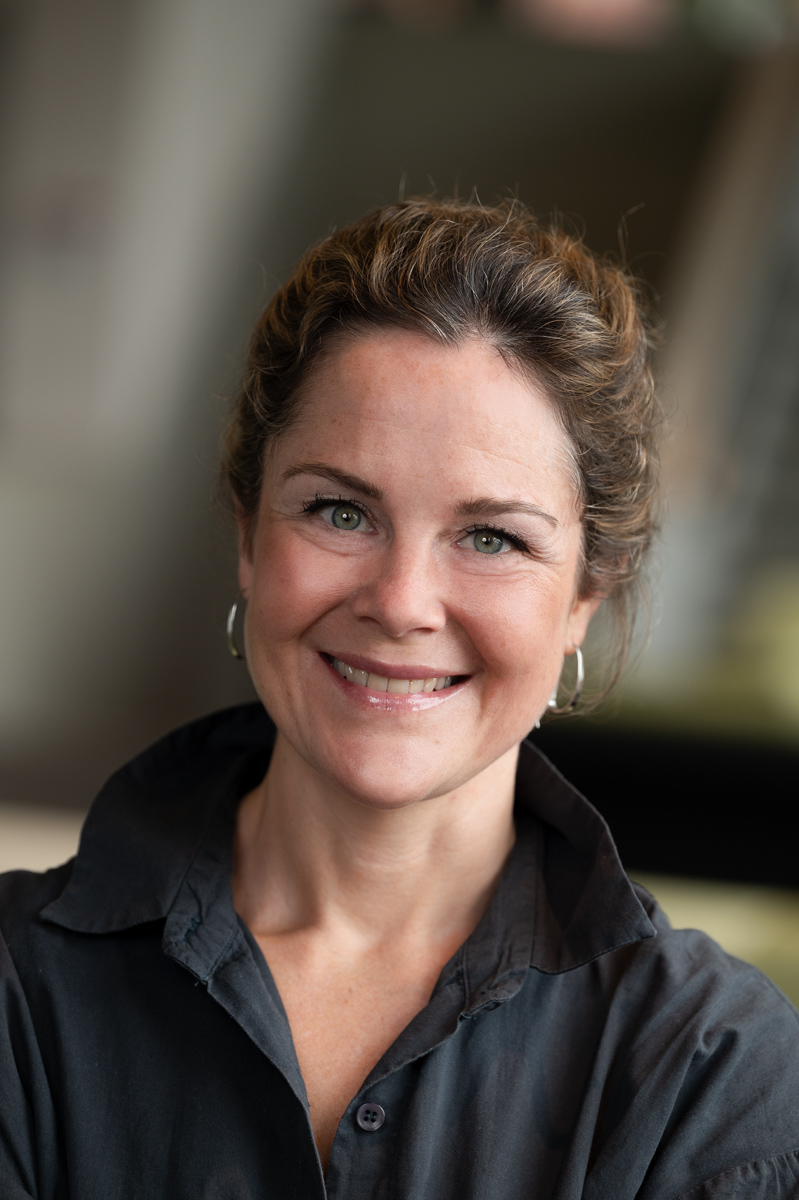Eva-Maria Merz is a social scientist with a background in family studies and demography. She combines her theoretical and applied expertise within the topic of (blood) donor behaviour in order to study donor life-courses and the influence of personal and social network characteristics on donor behaviour.
Donating substances of human origin, a very specific type of pro-social behaviour, is a complex and dynamic act that is determined by individual and social characteristics. My own passion for this subject stems from my scientific involvement with different types of prosocial behaviour, for example family care, and my fascination with public health and medical care issues. After having finished a Bachelor in Medicine, I became aware of the very importance of social relationships, networks and life-course elements that influence health and prosocial behaviour. This led me to obtain a Master’s degree in Social Sciences and a PhD in Developmental Psychology. I now combine my multidisciplinary orientation within the scientific and societally pressing topic of donor behaviour. My research benefits from my theoretical expertise in social science theories on prosocial behaviour and my fruitful collaborations within the Dutch Blood Bank and the Netherlands Association of Donor Medicine. Combining insights from social and health sciences will set the stage for a comprehensive and innovative view on donor behaviour to ultimately improve health care.
